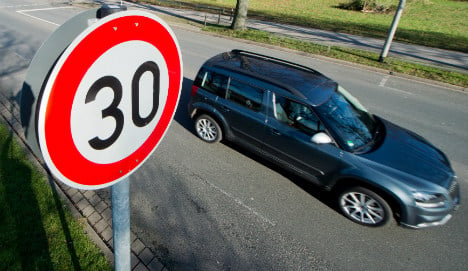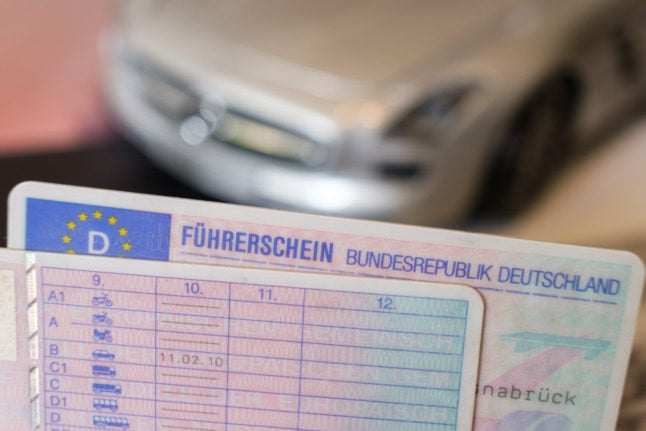The app – called BonusDrive – is being offered by Allianz and tracks drivers’ acceleration and braking patterns, how they take corners and their general speed. At the end of the journey it will then give feedback on the trip.
“With BonusDrive we’re bringing car insurance into the digital age,” Frank Sommerfeld, a member of the Allianz board, said in a statement.
“And the app is simply fun to use. I use it myself and I find it exciting to after every journey to get an immediate feedback report,” he added.
The company say they are aiming the app at young people up to the age of 28, who often have to pay high insurance charges, and are offering people of this age who use the app 10 percent off their premium once they have used it for over 100 kilometres.
Responsible drivers are then rewarded depending on how well the app rates them to have driven, with awards of gold, silver and bronze medals at the end of every journey.
MUST READ: Eight things you never knew about the German Autobahn
At the end of a year’s insurance, the app will then rate the driver overall. ‘Gold drivers’ are promised a lucrative 30 percent back on their insurance payment. Silver drivers will receive 20 percent back, and bronze drivers get 10 percent.
So the company is promising those young drivers who are grade A students a reduction of 40 percent of their first year’s insurance costs.
“Especially for young people this is a fair offer,” Sommerfeld said. “Firstly, customers can actively influence their driving behaviour. Secondly, they can save costs through safe driving.”
“Those who pay high premiums because they belong to the high risk group of young drivers will in the future be split into those who drive more considerately and those who drive less so,” he added.
The company also claims that the app, which became available from Google and Apple app stores this month, doesn’t pose a disadvantage, as customers will not be punished with higher premiums if they do not win medals for their driving.
It also seems that the driver doesn't always need to play by the rules that Allianz sets. The company says that the data belongs only to the customer, who can switch off the data collection for periods of time if he wishes.
So those young drivers who want to make the most of Germany having some of the only roads in the world with no speed limits can still have a bit of fun when they want to too.



 Please whitelist us to continue reading.
Please whitelist us to continue reading.
Member comments